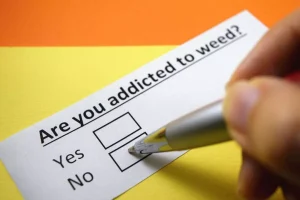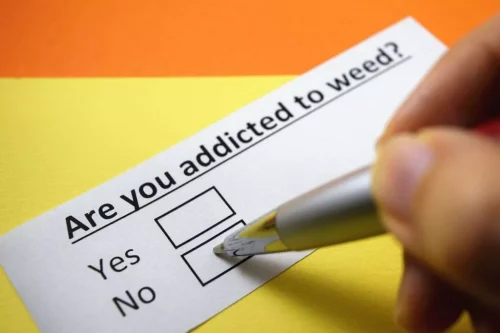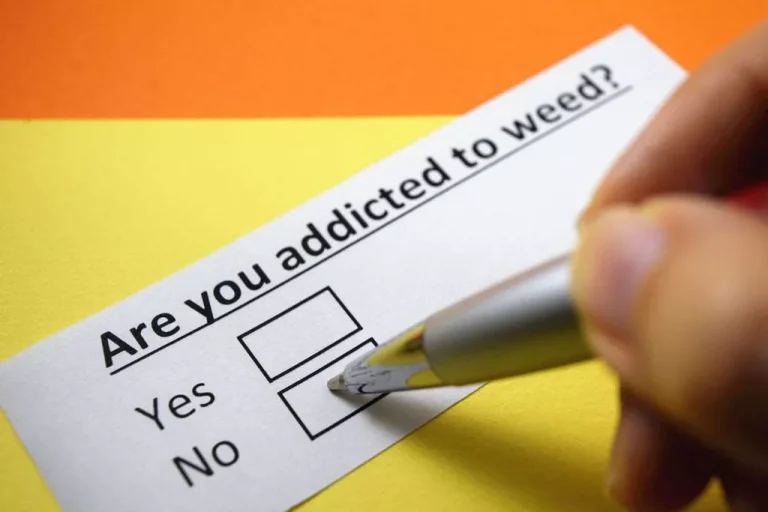
In some people, the initial reaction may feel like an increase in energy. But as you continue to drink, you become drowsy and have less control over your actions. Alcohol use disorder can include periods of being drunk (alcohol intoxication) and symptoms of withdrawal. Since Donna first tried moderation, the concept of helping people try to moderate their drinking has gained traction.
Collaborative care for serious mental health conditions

But you can probably consume more than two drinks per day and still drink responsibly. People who have problems with alcohol may be capable of stopping on their own if they want to, but they may not recognize the negative effects of alcohol. Doctors need more than a rubric to diagnose alcoholism. A lot of people who drink end up getting drunk more often than they intended. Many people regret what they do or say when they drink.
How to handle work drinks when you’re going sober

Most people with alcoholism experience problems at work or school. They often have legal problems or deteriorating personal relationships. And they usually require addiction treatment or support from peer groups, such as Alcoholics Anonymous, to get sober. But if they start drinking at their previous levels again, alcohol-related impairments in cognition and behaviour could return – but after having smaller amounts of alcohol. These changes in tolerance reflect the brain’s desensitisation (increased tolerance) and resensitisation (reduced tolerance) to alcohol at the cellular level.
Alcoholism

For example, an person who typically plays darts sober would likely experience impairment in performance if intoxicated. But if a person regularly drinks while playing darts, they may experience no alcohol-related impairment because of their learned tolerance. But when we drink in a new environment – such as going to the pub for the first time in six months – the compensatory response is not activated, making us more prone to experiencing alcohol’s effects. So even if you’ve still been consuming large amounts of alcohol at home during lockdown, you may find you feel alcohol’s effects to a greater degree when drinking the same amount as normal in a pub or bar.
- It can be overwhelming to deal with mental health, and alcohol can seem like an easily accessible escape, but there is relief and recovery beyond the short-term effects of alcohol.
- Following a period of reduced alcohol use or abstinence, alcohol tolerance can decrease to levels before regular use.
- If you’re capable of drinking responsibly, you probably aren’t an alcoholic.
- A few months in, I experienced improved sleep, increased energy, less spiky blood sugar, better mental health, fewer bouts of anxiety.
If you have tried to cut down or quit drinking in the past and failed, part of the reason may be that, on some level, you don’t believe it’s possible to have a different relationship with alcohol. Or, deep down, you don’t believe it’s possible to change your relationship with alcohol while still having the things you deeply desire in life. Perhaps you don’t see how you can be sober and happy at the same time. Maybe you are convinced that alcohol is essential for your professional or social success.
As we have seen during the pandemic, alcohol is an often-utilized coping mechanism to help us manage these difficult emotions. The almost immediate sedative effects of a drink can bring relief from intense anxiety, though like the strategy of avoidance, this only works for a short time, followed by a return of possibly stronger worry. It can provide similar relief to help us fall asleep but tends to interfere with deep, restorative sleep, leaving us feeling groggy the next day. If you make a pledge to stay sober for a week but you have a drink or two at happy hour with friends, that doesn’t mean you’re an alcoholic. why cant i control my drinking You may be a casual drinker who sometimes gives in to peer pressure. If you’re capable of drinking responsibly, you probably aren’t an alcoholic.

Casual Drinking, Problem Drinking & Alcoholism
But that doesn’t mean they have the disease called alcoholism. “You’ve done all that work, you’ve got rid of all those triggers and associations and your brain no longer equates fun with alcohol — why would you want to go back to drinking poison? It makes no sense. A few months in, I experienced improved sleep, increased energy, less spiky blood sugar, better mental health, fewer bouts of anxiety.
